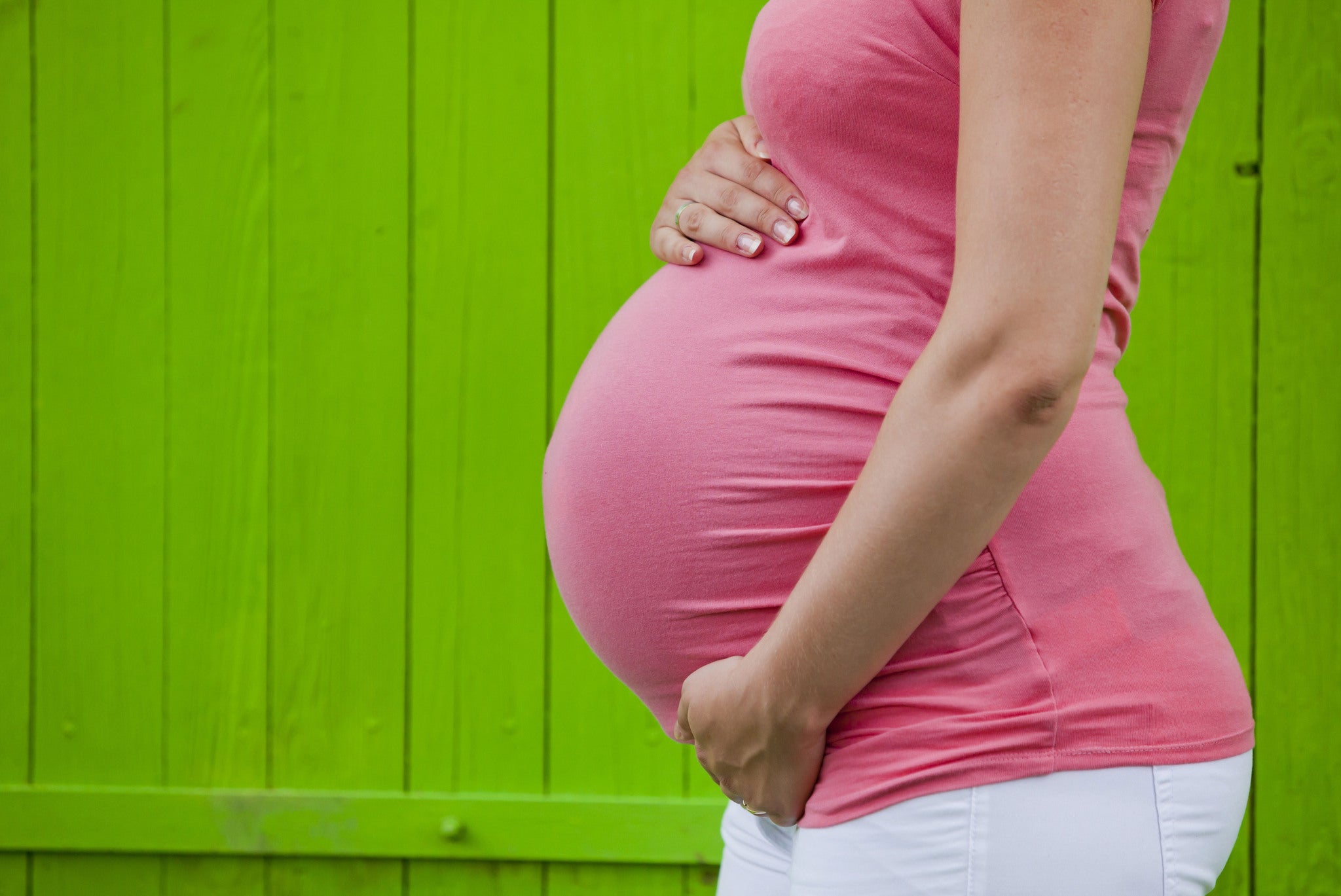Babies born by Caesarean section are more likely to be obese, research finds
The increased risk may persist through adulthood, according to researchers

Babies delivered by Caesarean section are more likely to be obese than those born naturally, research suggests.
The study found that those born by C-section are 15% more likely to be obese in childhood.
The increased risk may persist through adulthood, according to researchers from the Harvard TH Chan School of Public Health.
About one in every four to five pregnant women in the UK has a Caesarean section.
Senior author Jorge Chavarro, associate professor of nutrition and epidemiology, said: “Caesarean deliveries are without a doubt a necessary and lifesaving procedure in many cases.
“But Caesareans also have some known risks to the mother and the newborn. Our findings show that risk of obesity in the offspring could be another factor to consider.”
The researchers examined 16 years of data from more than 22,000 young adults in the Growing Up Today study.
Their findings, published in Jama Paediatrics, show that youngsters born by Caesarean were 64% more likely to be obese than siblings born by vaginal birth.
“I think that our findings - particularly those that show a dramatic difference in obesity risk between those born via Caesarean and their siblings born through vaginal delivery - provide very compelling evidence that the association between Caesarean birth and childhood obesity is real,” said Prof Chavarro.
“That's because, in the case of siblings, many of the factors that could potentially be playing a role in obesity risk, including genetics, would be largely the same for each sibling - except for the type of delivery.”
Dr Daghni Rajasingam, of the Royal College of Obstetricians and Gynaecologists, said: “This is an interesting study which suggests that Caesarean birth may be associated with offspring obesity after accounting for other risk factors including maternal BMI, pre-pregnancy smoking habits and any pre-existing medical conditions such as gestational diabetes.
“However, the study did not include any data on why a Caesarean section was required or any other details surrounding the labour or delivery.
“Currently in England, the rate of Caesarean section is 26.2%. This figure has been rising slowly over the last decade and could be explained by various factors which make childbirth more difficult including a rise in older mothers and more obese mothers.
“We must remember that in some cases an emergency Caesarean section is carried out to save the life of the mother and/or baby.
“Further research is needed to clarify the mechanisms underlying this possible association, but as with any intervention all doctors must ensure that women are informed about the risks and benefits of a Caesarean section, as well as the alternative options.”
Press Association
Join our commenting forum
Join thought-provoking conversations, follow other Independent readers and see their replies
Comments